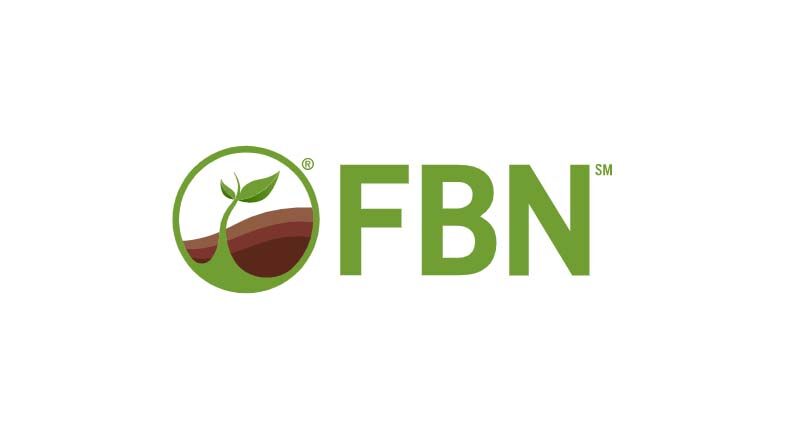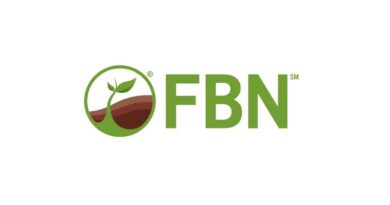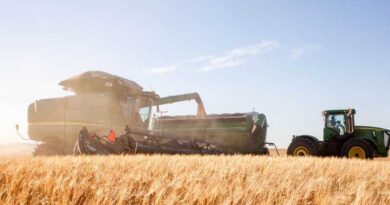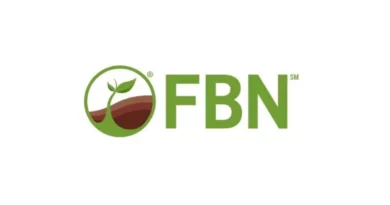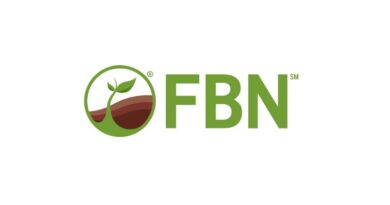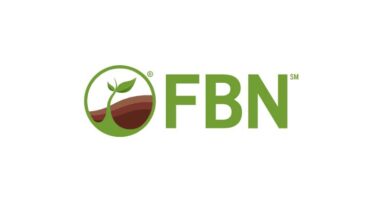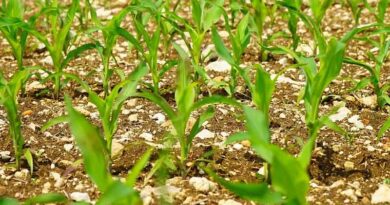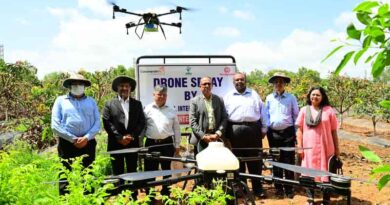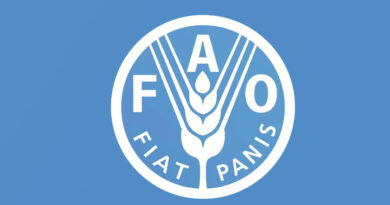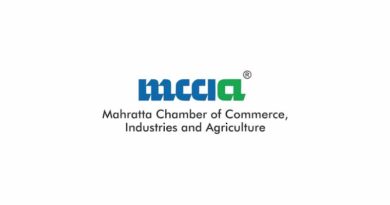How to Buy Land as a Beginning Farmer
29 January 2022, San Carlos: As a growing farmer one of the main challenges is securing farmland.
An easy and capital efficient way to start is by renting land. Renting allows building a land base and cash flows to ensure making payments for the equipment. However, it doesn’t allow you to build equity and value over time.
Equipment is depreciable and loses value every year and rents can increase or be terminated, making renting a potential riskier proposition longer term.
Buying land can be a better alternative but it is very capital intensive. It can take multiple years to save up just for the down payment and land markets can be very competitive.
There are some compelling existing and new financial tools to help farmers purchase land that can be useful in the right situation.
In this post, we’ll cover the pros and cons of FSA loans (Beginning Farmer and Direct Loans), Seller Financing, Commercial Loans (including FSA Guaranteed Loans) and Farmland Capital (a new offering from FBN®).
Also Read: Union Budget 2022-23: Transformation Agriculture through irrigation and win back India’s farmer
FSA Beginning Farmer Loans
FSA Beginning Farmer Loans are a great way for eligible farmers to get started. They can cover up to 95% of the land purchase however, they have some limitations:
- FSA will finance 45% up to a maximum loan amount of $300,150. The balance of the debt may be financed by a commercial lender, private lender or the seller.
- The current land owned by the applicant must be less than 30% the size of the average farm in the county (for example: less than 107 acres in Cedar County, IA).
- The farmer must have operated a farm or ranch for between 3 and 10 years.
- The farmer meets FSA requirements.
The interest rates on these loans are very compelling (currently 1.5%) which might make them the right option for those who can qualify.
FSA Direct Farm Ownership Joint Financing Loans
FSA Direct Farm Ownership Joint Financing Loans are likely the next best option for those who qualify. They can cover up to 100% of the farm amount with very compelling interest rates (currently 2.5%). However, they also have some limitations:
- FSA can lend up to 50 percent of the cost or value of the property being purchased. A commercial lender or the seller provides the balance of loan funds.
- Maximum FSA loan amount of $600,000.
- Another lender would provide the remaining financing.
After farmers max out their FSA loan amount, their next best option is typically Seller Financing or going to a Commercial Lender.
Seller Financing
Seller Financing, usually structured as a Contract for Deed, is when a farmer acquires a property with financing provided by the seller of that property, using the property as collateral.
The amount of the property being financed, the term and the interest rate are agreed between the seller and the buyer. Depending on the terms negotiated, seller financing can be an attractive option for many beginning farmers.
Commercial Lenders and Banks
Commercial Lenders and Banks are another option (like FBN Finance Land Financing). They typically lend up to 65% of the property value and up to 50% of the total assets of the farmer.
To qualify for these loans the farmer has to be able to demonstrate that their farming income will be sufficient to cover all expenses and debt payments plus a buffer of typically 25%.
For farmers in expansion mode, the main limiting factors are typically being able to cover the down payment (that amounts to 35% or more of the farm value) and being able to generate cash flow to cover the loan payments.
FSA Guaranteed Loans
FSA Guaranteed Loans are loans issued by Commercial Lenders (including FBN) that get a guarantee from FSA, allowing them to provide loans to farmers with tighter financial metrics.
They are a good option for farmers who want to buy additional land and are not eligible for a conventional loan.
These FSA Guaranteed Loan loans have a maximum loan amount of $1,825,000, typically higher interest rates than conventional loans and an additional upfront cost of about 1.5% for the Guarantee Fee.
Farmland Capital
A new alternative in the market isFBN’s Farmland Capital. With Farmland Capital farmers can take a loan of up to 65% of bare land value (down payment of 35%) and then cover 49% of that down payment with Farmland Capital.
This means that farmers can buy land with as little as 17.85% down payment. Additionally, farmers do not have to pay any interest on the Farmland Capital investment, providing more flexibility with their cash flows to make the necessary investments in their business and to weather the ups and downs that are inherent in farming.
Farmland Capital is perhaps comparable to a farmer getting support or partnering with a relative. These arrangements can vary but typically both the farmer and the relative participate in the income and the change in value of the farm (up or down).
Let’s face it there are a lot of farmers out there who don’t have a rich relative out there that wants to purchase land with them.
With Farmland Capital, the farmer gets 100% of the income and Farmland Capital gets 0% to give the farmer more flexibility with cash flows.
Farmland Capital shares in a portion of the appreciation or depreciation of the farm between when the land is bought and when the farmer buys out the contract. The goal of this program is for the farmer to buy out the co-investment at a future date.
The agreement is for up to 10 years and the farmer can buy out the co-investment at any time based on the appraised value of the property.
Farmland Capital is structured as an option that participates in the appreciation or depreciation of the farm. The farmer is the owner of the property (Farmland Capital is not on the deed).
The farmer makes all decisions and pays for all operating expenses, including property taxes, mortgage and insurance. If the farm loses value, Farmland Capital shares in that loss in value.
Farmland Capital is junior to the mortgage loan so Farmland Capital can lose all its investment before the lender loses anything. In fact, typically the co-investment loses all its value even before the farmer.
FBN is bringing to market this new product to connect farmers looking to expand their operation with investors interested in having money invested in farmland and the protection farmland assets can give them in the face of volatile investments in other markets.
These investors value investing alongside good farmers that are aligned on farm value preservation and have majority direct ownership.
Partnering with Farmland Capital makes buying land less capital intensive which means farmers can buy more land earlier.
The contract is structured so that a farmer can likely buy out the investment within 3-9 years with the equity they have built via:
- Land appreciation plus,
- Equity built via land loan payments plus,
- Savings generated from farm income.
Farmland Capital gives growing farmers a path to ownership while maintaining full control of the land and their destiny.
Farmland Capital is a way to level the playing field in the ever consolidating world of agriculture, allowing farmers to compete with institutional investors and hedge funds for land, keeping US farmland farmer-owned and controlled.

